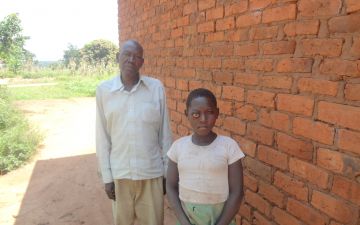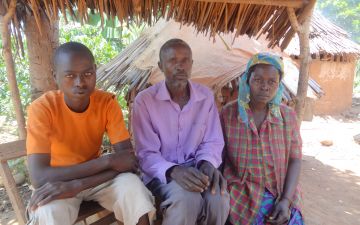In rural Uganda, accessing medical treatment is a daunting task. With no organized transportation for medical emergencies going to a health center often means walking or riding a bicycle for many hours. Even when a patient successfully reaches a health center, there is no guarantee that the health center has medicine or will be able to provide services.
Uganda’s healthcare system works on a referral basis. The smaller health centers refer patients that they cannot treat to larger health centers, which refer patients to regional hospitals. These, in turn, refer patients to Mulago Hospital, the national hospital.
In rural Uganda, it is common to be referred more than three times to different health centers and hospitals. The system results in delays in medical care, and many people die or become disabled while pursuing treatment.
Washington University student fellow Jae Lee’s project in Uganda examines rural people’s access to healthcare by sharing stories from community health workers, victims of poor healthcare, and lower-tier healthcare providers.


